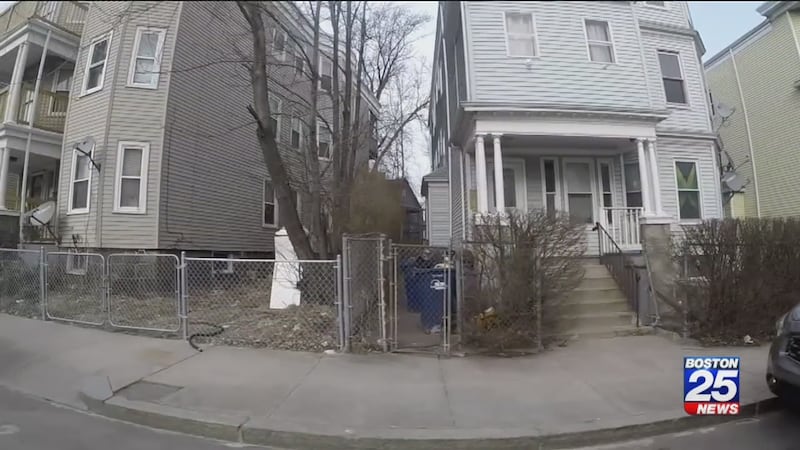BOSTON — The high cost of housing is having a huge impact on homelessness in Massachusetts, especially among single people.
According to real estate tracker Zumper, the average one-bedroom apartment in Boston costs $2390 a month.
Prices drop outside of the city, but the National Low Income Housing Coalition says you would still need to work 84 hours a week on minimum wage to cover the average rent in this state.
Homelessness jumped 14 percent in Massachusetts from 2017-2018 according to the Federal Housing Authority. That's 20,068 people living in shelters or on the street.

"You've got a horrible perfect storm: rising rents, decreased supply, and people who have often lost housing in the past who are not probably going to be the first people on the landlord's list," Pine Street Inn President and Executive Director Lyndia Downie told Boston 25 News reporter Crystal Haynes. "So I think that too makes it really difficult for people."
Haynes got a tour of a possible solution for many who cannot afford housing in the city: Micro-housing.
Micro-units are studio-style apartments, roughly 350-square-feet in size, in buildings with a house manager. Residents pay around one-third of their income and are connected to support services.
Pine Street Inn funds the program with the help of federal grants, working with local landlords.
The program started with just a handful of housing units in two buildings in Brookline. To date, there are more than 850 units in 40 complexes across Greater Boston.
Charlie Corchero told Haynes, he doesn't take a single thing for granted in his micro unit in Dorchester.
It wasn't too long ago his entire life fit into a backpack.

"I couldn't imagine what being homeless is like and then going through it, I didn’t think I would survive it. And I did," Corchero said.
"Our retention rate last year was 91 percent. So once people are housed and they get the right support we know they stay and we know it ends their homelessness for the long term," said Downie.
Pine Street Inn is hoping to have 1,000 units by the end of the year. Downie says the program has contributed to lower incarceration rates and fewer hospital visits for residents.
Corchero says it was the difference between hope and helplessness.
"When you have a home, you can come back to, there’s other things you can focus on," Cochero added. "I'm thinking about going back to school, to maybe be a teacher, get into education… when I was homeless I couldn’t focus on things like that."
>> Boston 25 News reporter Crystal Haynes has covered this topic extensively. See her previous reports:
PRICED OUT: The housing crisis in the Boston area and who is working to fix it
PRICED OUT: Pressure mounts on suburbs to find affordable housing solutions
PRICED OUT: Group says 'Yes In My Backyard' to ease Boston housing crisis
Cox Media Group








